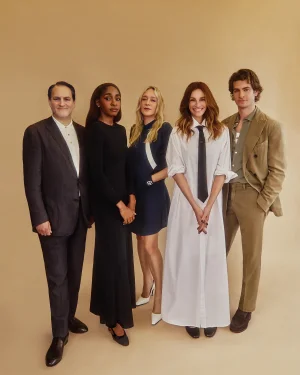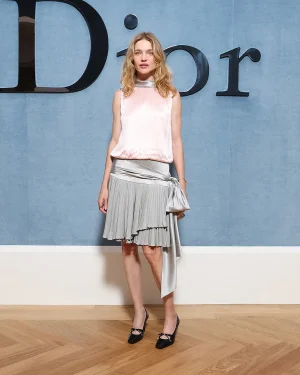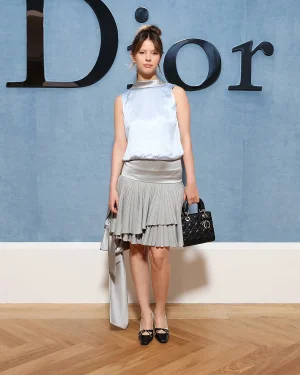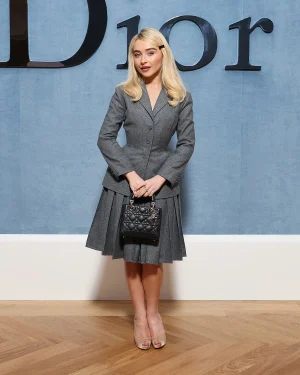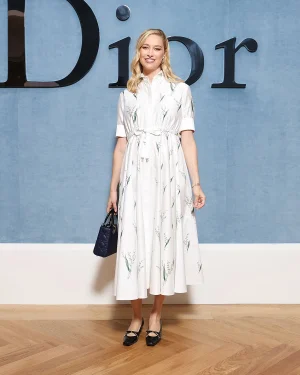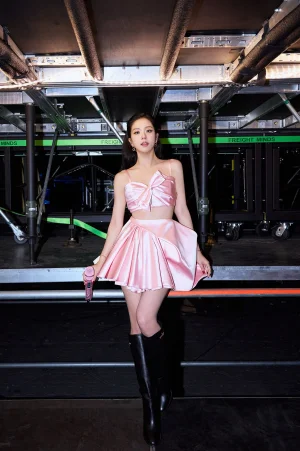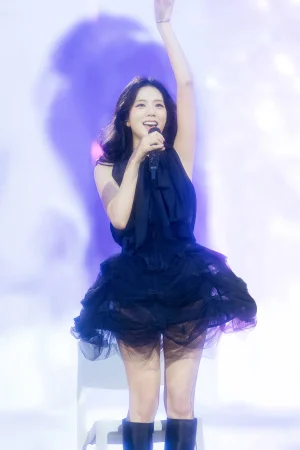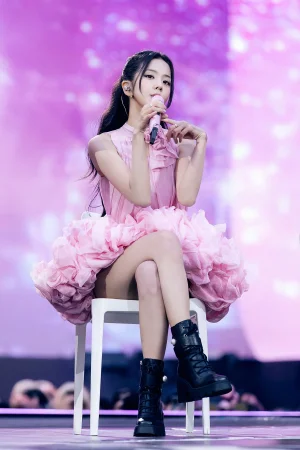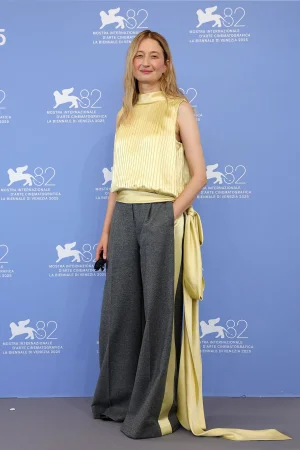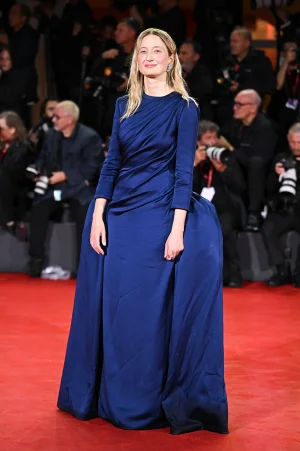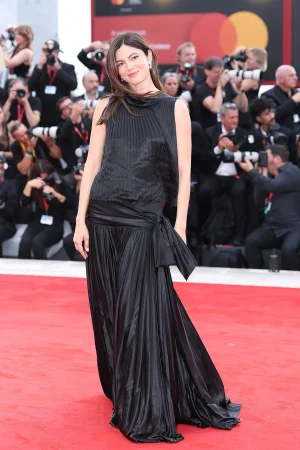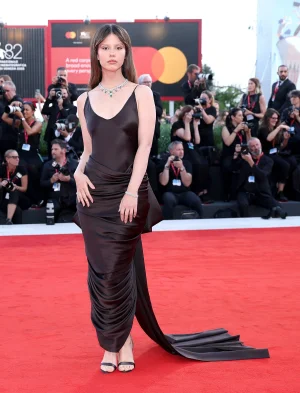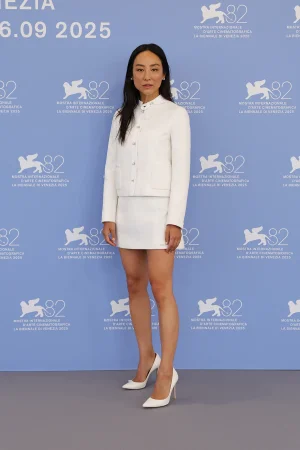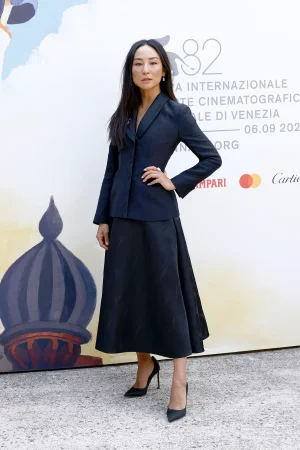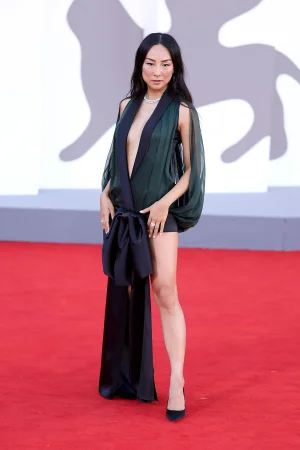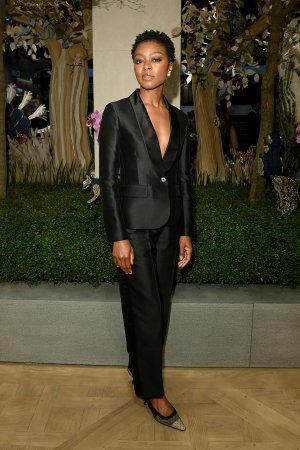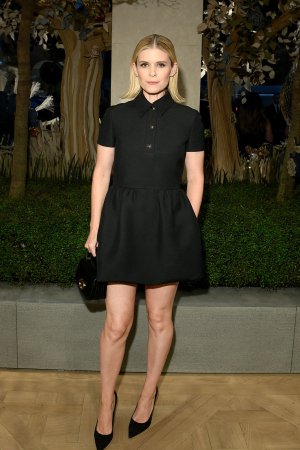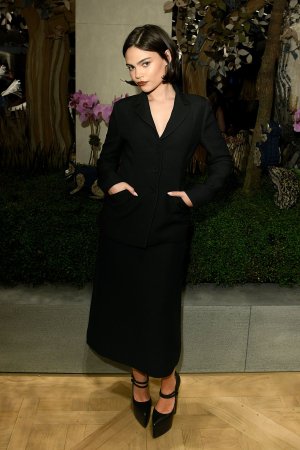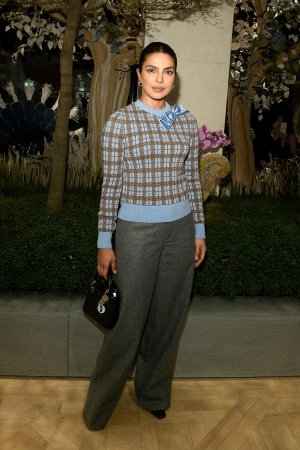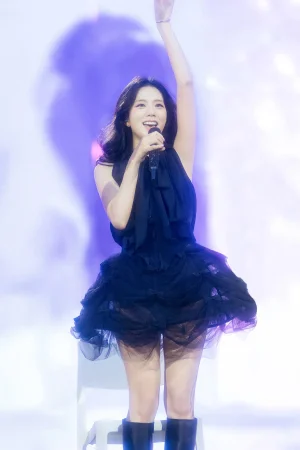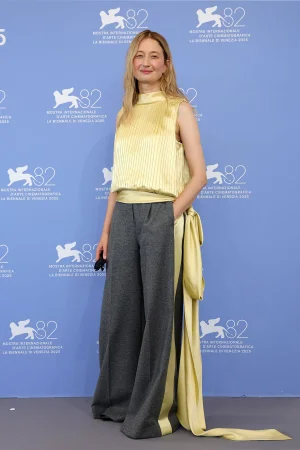I just don't buy this idea that JWA has free-reign. Yeah he has huge control over Dior, but do you really think he could have opted out of the film festival circuit? Could he have simply refused to sign new brand ambassadors? No, of course not. Every other LMVH brand had looks on the Venice red carpet, and they weren't going to pull out old MCG couture after all the fanfare surrounding JWA.
This is why I emphasized the difference between Chanel and Dior—the economic parameters are distinct. The Wertheimers had the luxury of time when it came to finding a new creative director, seeing as Virginie was more or less a placeholder. Now they are giving Blazy a similar luxury. And the key difference there is that they are not subordinated to the whims of shareholders. Delphine may adore JWA, but that doesn't mean she can free him from what are evidently LMVH-wide strategic decisions. So no, I'm not interested in absolving him of responsibility, but I think it's fair to recognize that his decisions have been made under pressures (economic, creative, temporal) of neither his nor Delphine's choosing. We've all seen what happens to Kering and LMVH stock prices when new creative directors are appointed—the market responds! As soon as JWA's move to Dior was announced, stories popped up on financial news sites. The same didn't happen with Blazy and Chanel because Chanel is not publicly traded. And you'd be a fool to think that this very real economic reality doesn't impact the role of a creative director. I don't think it would be wrong to say that the financialization of fashion, and of luxury in general, has been one of the most significant developments in the industry over the past so many decades. That's necessary context here, because it's a key factor in the revolving door of creative directors. From the beginning of their tenure, these designers are tethered to an expectation of continuous growth.

